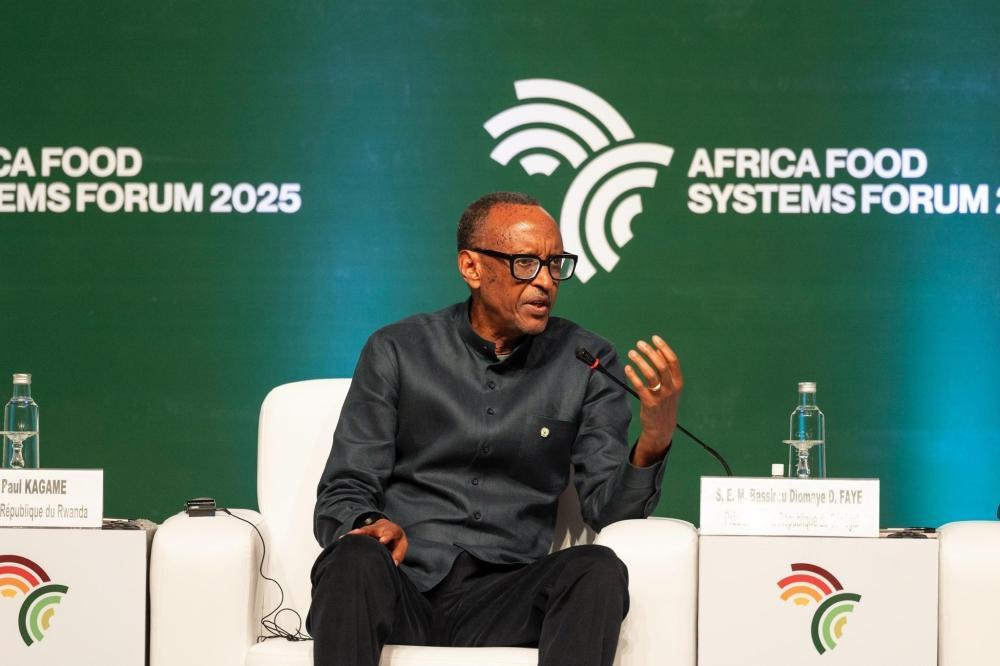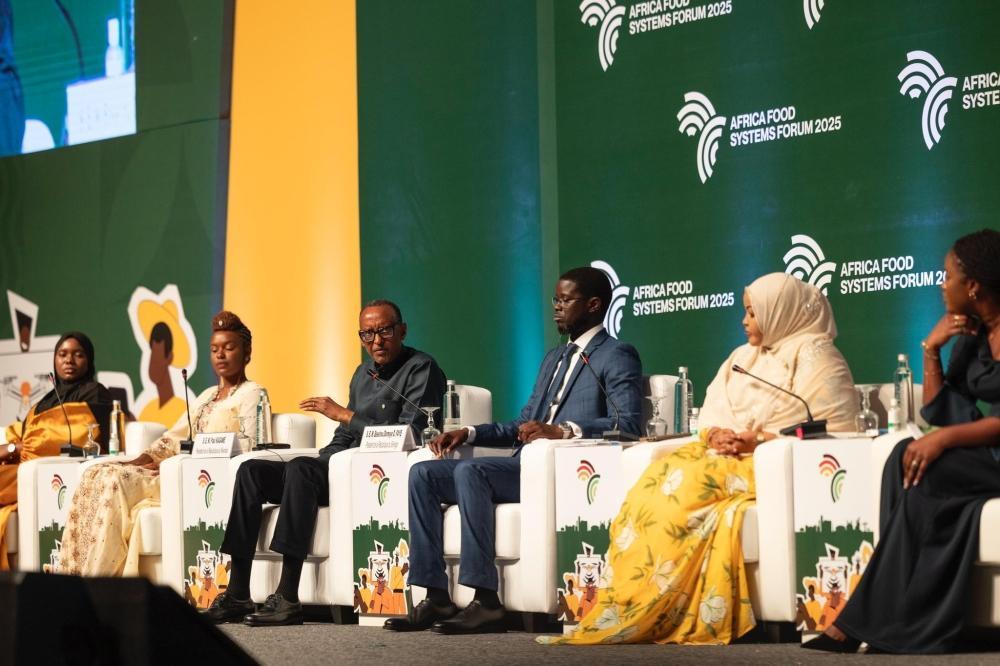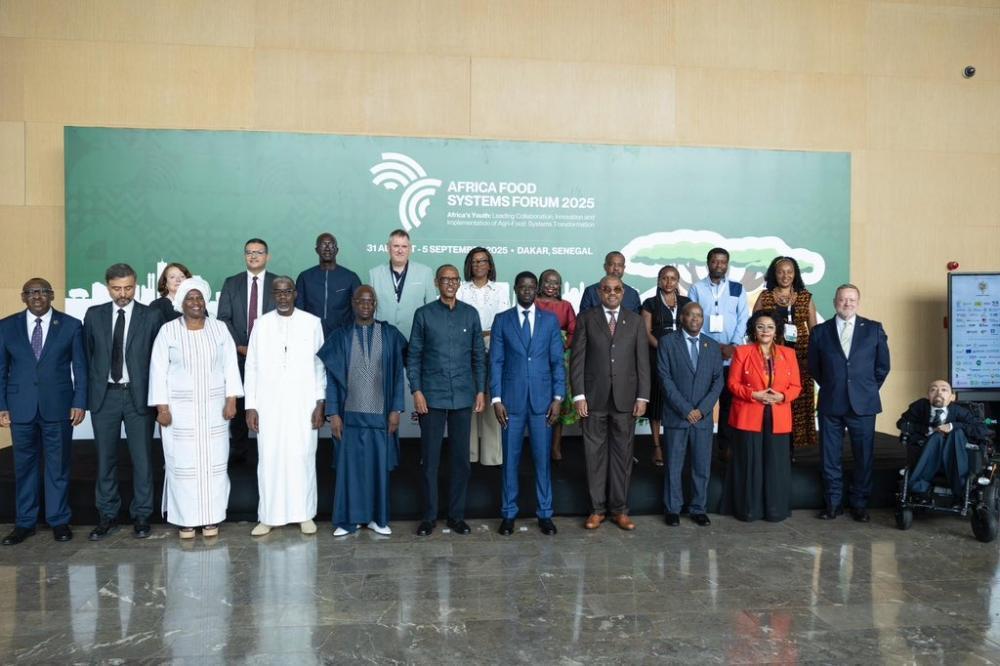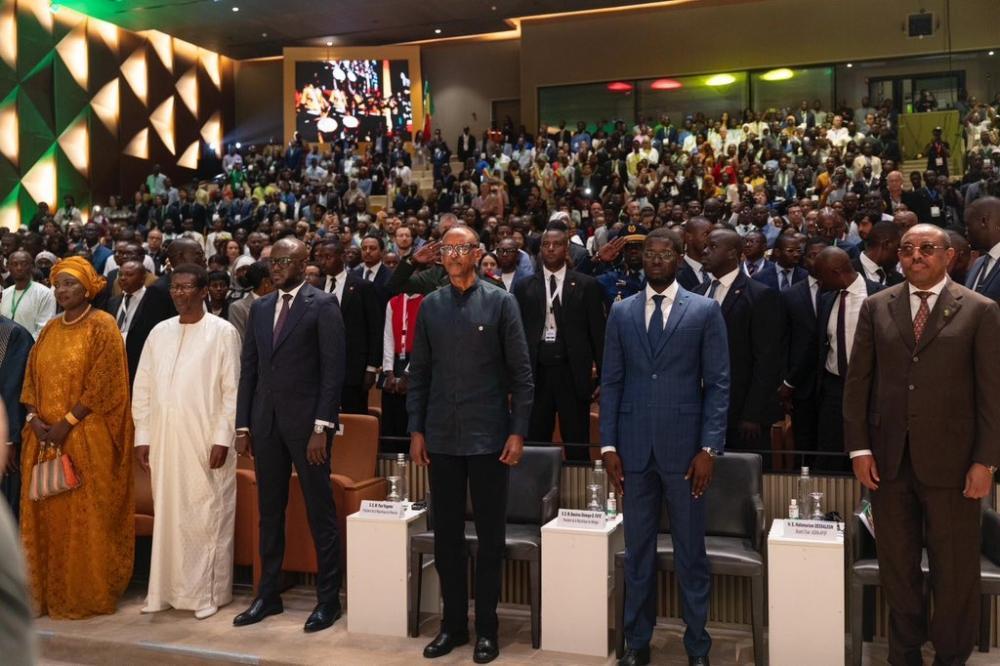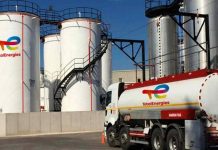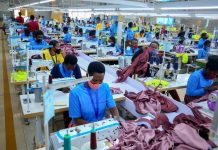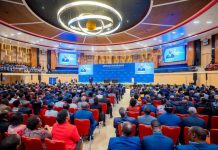Africa-Press – Rwanda. President Paul Kagame has stressed the need for investment in sustainable agriculture and food systems in Africa, calling for joint efforts between governments, private sector and other key stakaholders.
He noted that Ireme Invest, Rwanda’s green investment facility, is one initiative that supports projects in food systems to access finance.
Ireme Invest, which had $200 million in mobilised funds in late 2023, supports Rwanda’s private sector to access green finance and increase the private sector’s contribution to Rwanda’s response to climate change.
Speaking at the Africa Food Systems Forum on Monday, September 1, in Dakar, Senegal, Kagame said Ireme Invest was created by partnering with different groups from across the world.
“We created a fund that focuses on enabling people across the country who want to be part of this progress. The first round of funds came around COP27, where $100 million was mobilized for this fund,” said Kagame, who was on a panel discussion with Senegal’s President Bassirou Diomaye Faye.
President Kagame and his Senegalese counterpart were among panelists during the forum
“This fund is working across the country to help farmers make the changes they want to make with the support of government and external partners in the structures of the food systems activities we have created in the country,” he noted.
According to the Rwanda Green Fund, which helped to create Ireme Invest, AgriTech4Rwanda Innovation Challenge is an initiative that the green investment seeks to enhance climate resilience in Rwanda’s agricultural sector.
The initiative supports technologies in the agricultural sector that will increase resilience, agricultural risk management, adaptation solutions and services, and gender and social inclusion, all while responding to the national climate and sustainability goals.
Investment opportunities include recoverable grants of up to Rwf300 million.
Prioritized businesses include those offering innovative solutions in irrigation, resilient livestock farming practices, precision farming technologies, climate and weather services that provide data-driven insights.
There are also climate-resilient inputs such as drought-tolerant seeds, fertilisers and nutrient-rich crops, post-harvest management including cold storage, digital storage and processing, as well as other Agri-Tech innovations that support climate adaptation.
Kagame highlighted the urgent need to modernise agriculture across Africa, particularly in the face of challenges such as climate change, limited funding, and weak links between entrepreneurs and opportunities.
In Rwanda, he said, progress has been made through partnerships with international institutions, government, and the private sector. These partnerships include the IFC-supported Rwanda Climate Smart Agriculture Initiative and the creation of Ireme Invest.
He emphasised that true transformation must begin with changing mindsets, increasing production, and reducing reliance on exporting raw products for processing.
Youth were identified as central to innovation in agriculture, with the government playing a key role in education, financing, and partnerships. Examples include the IFC’s support to 170,000 farmers and the establishment of the Rwanda Institute of Conservation Agriculture (RICA) with the Howard G. Buffett Foundation, which trains young people from across Africa to become entrepreneurs.
Officials at the summit reiterated that youth are at the heart of development but must take responsibility, be proactive, and find purpose, while governments and partners provide support to scale up their ideas.
Strong partnerships, innovation, and youth engagement are seen as essential to building resilient food systems and driving Africa’s agricultural transformation.
For More News And Analysis About Rwanda Follow Africa-Press

